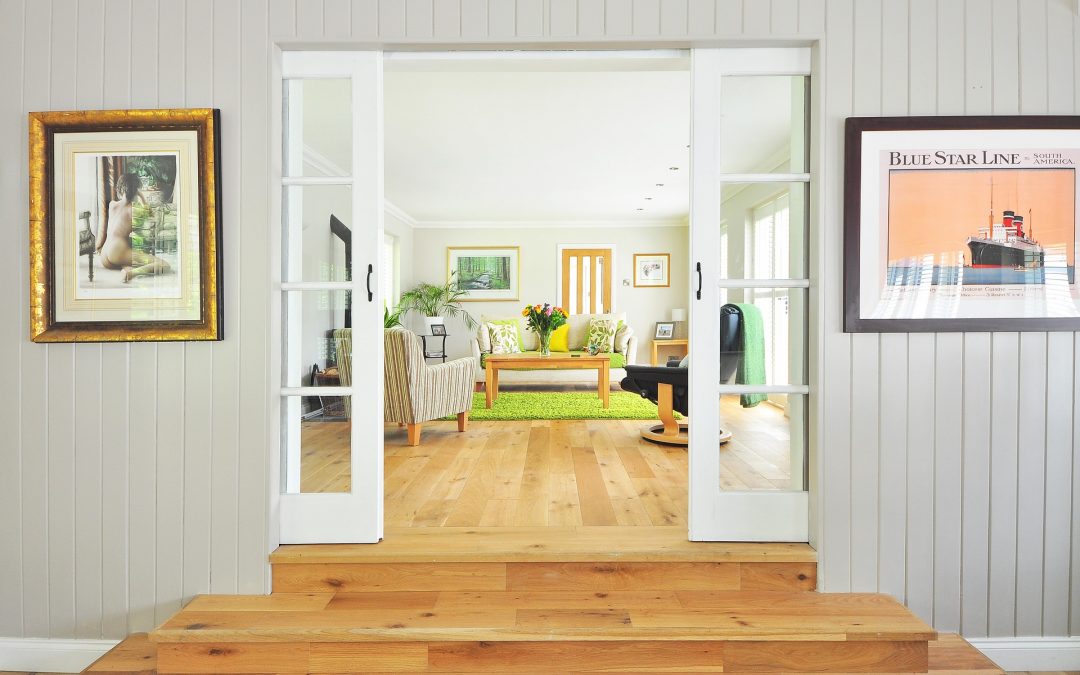Purchasing a home can be an overwhelming experience, especially if it’s your first time. Finding where to start can be difficult, so it’s important to have a general understanding of the process before embarking on your homebuying journey. We’ve listed a few things homebuyers should know as they begin their search for a home.
How Much You Can Afford
Before taking any other steps, it’s essential to determine exactly how much home you can afford. Buyers can be approved for home loans higher than their budget; therefore, it is important to fully audit your finances to determine what you’re comfortable spending in terms of monthly payments. Make sure to take into account other financial commitments you may have, i.e., student loans and car payments. We do not recommend looking at homes outside of your price range as this can often lead to feelings of dissatisfaction. Purchasing a home outside of your budget can also cause financial stress as buyers struggle to balance their monthly mortgage with other bills and commitments.
What You’re Pre-Approved For
Getting pre-approved is one of the most important first steps to buying a home. A pre-approval letter establishes guidelines for buyers, lenders, and real estate agents to follow along the homebuying journey. Not only does pre-approval help agents know what price range buyers are able to shop in, but it also helps sellers know a buyer is serious about purchasing a property once an offer is made. A pre-approval letter often gives buyers an advantage if multiple offers are on the table.
Where You Want to Live
Knowing where you want to live can seem like a no-brainer as you start the process of buying a home; however, many people start their search without narrowing down a specific geographic area. Having this information is critical. We recommend finding an area that matches your budget and fits any requirements you have, i.e., walkability, safety, desired school district, proximity to work, etc.
How Much to Put Down
As you start the homebuying process, make sure to think about how much money you’re willing and able to put down on your new home. The down payment is key as it determines the actual amount of the mortgage loan. Having a higher down payment will decrease the amount you’ll spend throughout the life of the loan, resulting in a lower monthly required payment. While a higher down payment is ideal and can save buyers money on mortgage insurance if it amounts to 20% of the home purchase price, buyers should also make sure to budget for closing costs. Closing costs average between 3-6% of the loan amount and are due at closing.
Buying a home is one of the biggest financial decisions you can make. Having a solid understanding of what is required of you as a buyer can help the process go smoothly. When you start searching for a home, get in touch with the experts at Coastal Custom Mortgage. Our team of lenders can help get you pre-approved and on track to purchase a home.
